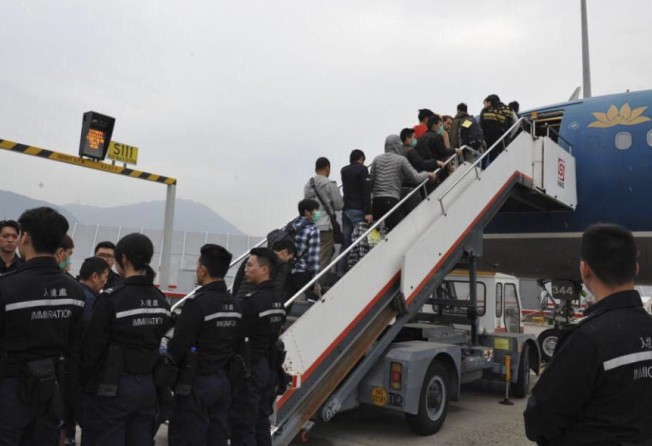Let refugees in Hong Kong work – to help city’s economy and keep the promise on rights
- If Hong Kong pursues a protectionist attitude towards refugees, it will forgo the opportunity to reinvent its image as Asia’s ‘world city’ and broaden the skills of its worker base

Hong Kong is only half-heartedly contributing to alleviating the global refugee crisis, because the government’s policies and the bureaucracy are not only causing a bottleneck of migrants, but also failing to provide refugees the adequate protection they need and deserve.
The government’s screening mechanism renders almost no refugees legitimate; rejections are common. Those who are in Hong Kong live in overcrowded veritable slums and have to rely on extremely minimal government stipends. The local government has many things to consider to offer a better safe haven for them.
It indeed makes little sense that the government would prohibit refugees from working or volunteering. When the process of asylum approval can take up to 10 years, asylum seekers could be wasting a big part of their lives just waiting for relocation. Some of them are in fact competent engineers, doctors, and even PhD holders who are ready to work.
Meanwhile, despite fallacious rhetoric that claims immigrants would steal all the precious job opportunities, whether high-skilled or low-skilled, refugees who work can contribute to Hong Kong’s economy both as consumers and producers. These people would also be self-sufficient and independent, thus removing the government’s burden to provide daily vouchers.
From the international humanitarian perspective, Hong Kong government is duty-bound to offer adequate and comprehensive assistance to refugees and asylum seekers, in keeping with the International Covenant on Civil and Political Rights articles incorporated in the Hong Kong Bill of Rights Ordinance.
It might be helpful if work permission of a limited scope is granted, as long as there is more supervision over the conditions for such work. This could reduce the inclination for refugees to work as illegal labour. Moreover, the lack of support, whether for accommodation search, integration with society, or mental and physical well-being, should also be addressed by the government, with the cooperation of NGOs.
If Hong Kong pursues a protectionist attitude towards refugees, it will forgo the opportunity to reinvent its image as Asia’s “world city” and broaden the skills of its worker base. The local policy should be altered so that the city serves not just the sole purpose of a way station for the future resettlement of refugees, or repatriation once their time is up. It should foster a sense of growth, diversification, and openness towards the refugee crisis.
Hong Kong should attempt to fill the moral void and to show the world that refugees are not necessarily burdens on a society, but rather can bring benefits.
Adrian Lam, Tai Koo